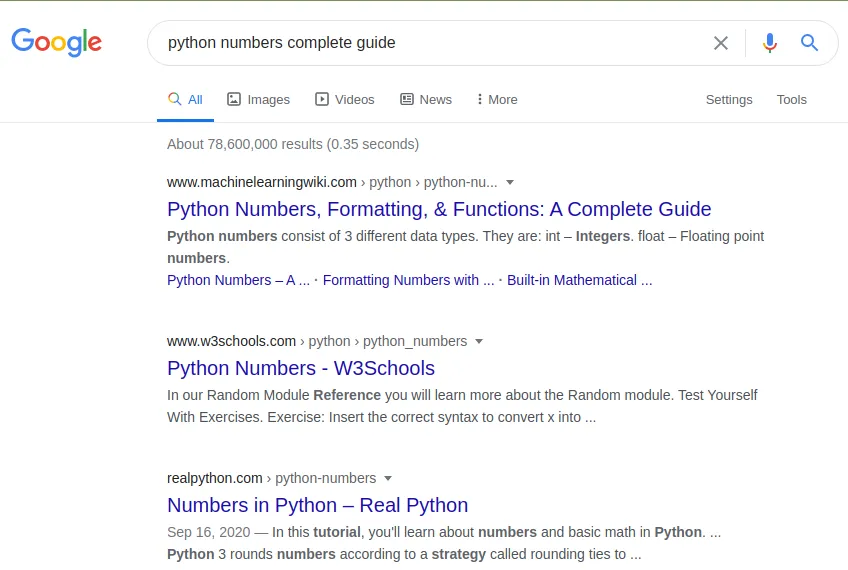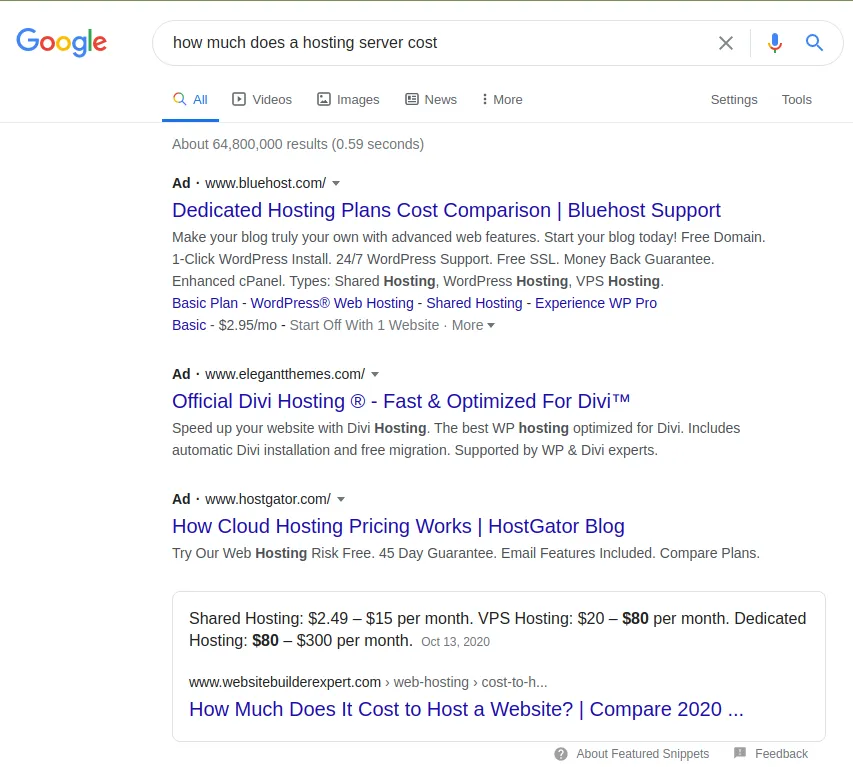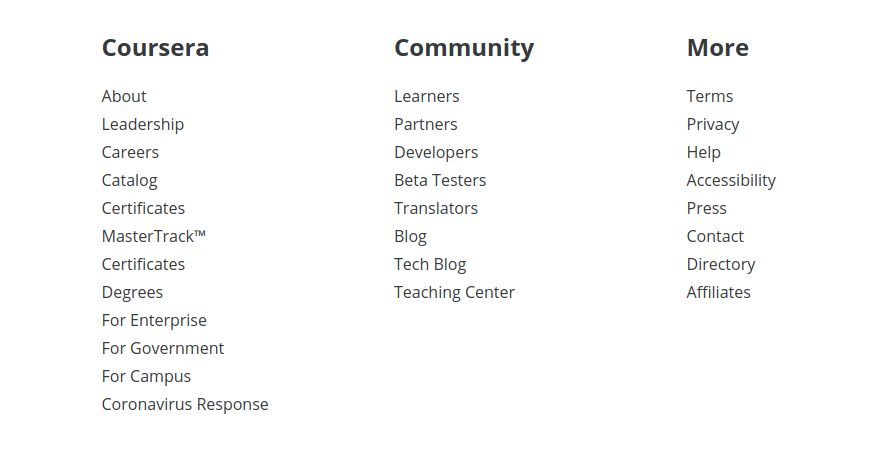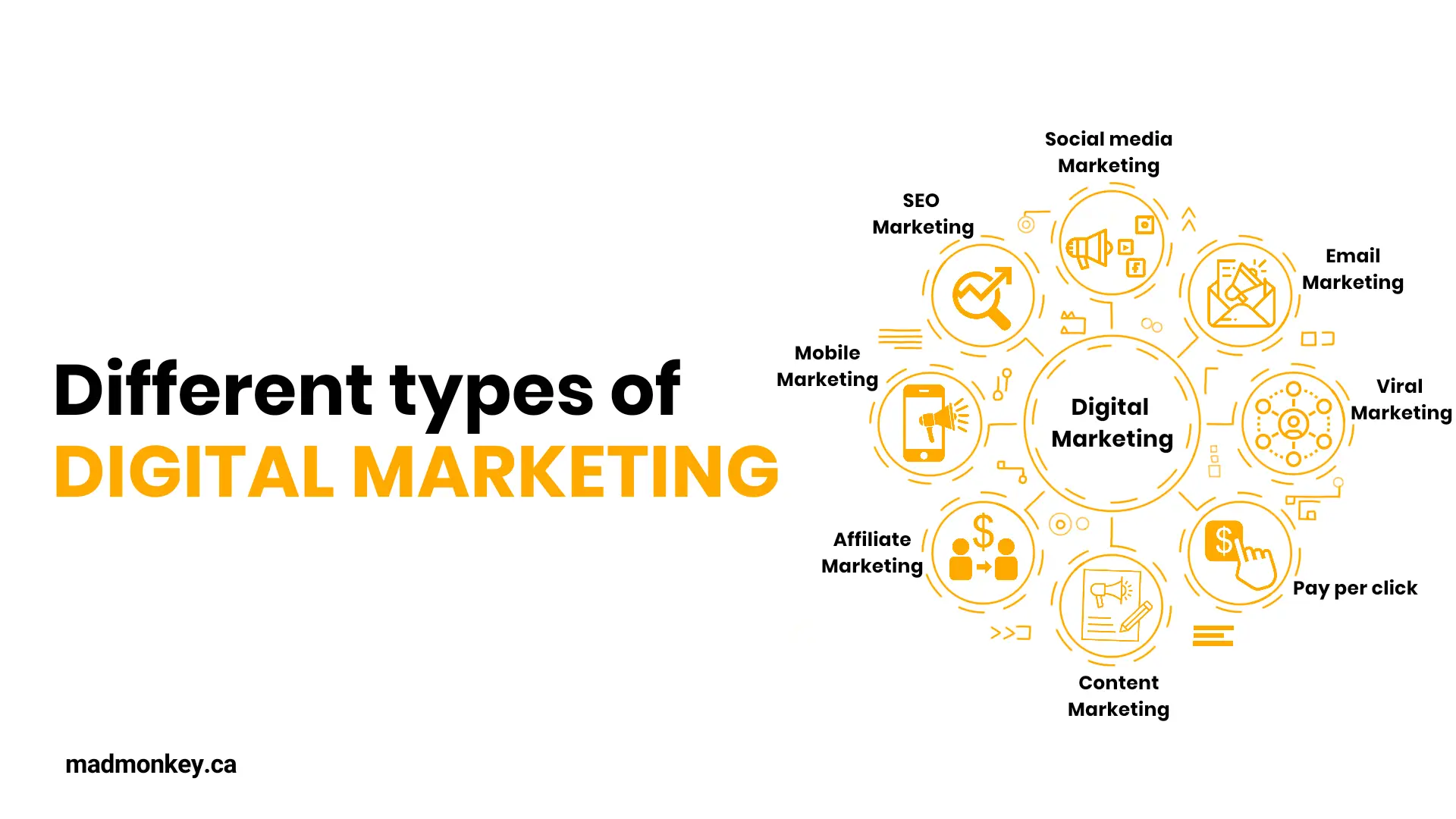In this guide, you’ll learn about all the top different types of digital marketing in detail.
Remember the old days when you went out for a drive and see lots of billboards here and there on the roads? In fact, when I first learned how to read, I used to read all those billboards and posters on my way to school! This was a very common way of advertising brands and products to increase sales.
Time has been changed. You may still find billboards in large cities. But people no longer spend time reading or watching them. Nowadays, we all spend a big amount of our time on mobile phones and laptops. So, the marketing policy is turning to digital channels more and more. In this guide, you’ll learn about all the different types of Digital Marketing and will be able to choose the best one to boost your business.
What is Digital Marketing?
Digital marketing is the process of delivering advertisements to reach consumers through digital channels such as Social Media (e.g. Facebook, Twitter, Instagram), Mobile apps, Emails, Search Engines, etc. Any advertisement that includes the usage of the internet and digital devices falls under Digital Marketing. The main purpose of Digital Marketing is to promote products, increase sales, and create brand values.
What Are The Types Of Digital Marketing?
Depending on the digital channels and the processes being used, you’ll find 10 different types of digital marketing. What type suits you the most to promote your business will entirely depend on your target audience, business type, and the platform they use. Let’s explore them one by one.
1. Search Engine Optimization – SEO
If you found this article by a Google search, that’s Search Engine Optimization, aka SEO. Let’s see another example.

Notice, a simple Google search matched 78.6 Million articles around the internet! But only the first 10 matters. Then how that particular article ended up being top 1 on Google?
Because that article has been optimized so that it meets the Google search result standard. A search engine ranks articles using some algorithms that try to find out the best articles about what you’re searching for. Modifying your articles to satisfy those algorithms is called Search Engine Optimization!
Search engine optimization (SEO) is often about making small modifications to parts of your website. When viewed individually, these changes might seem like incremental improvements, but when combined with other optimizations, they could have a noticeable impact on your site’s user experience and performance in organic search results.
As you can see, SEO is one of the most popular types of Digital Marketing. In fact, it’s so powerful that you can use the same strategies to optimize your products on other platforms that use a search to find out a specific product.
2. Search Engine Marketing – SEM
Search Engine Marketing or SEM is the process of increasing the visibility of a website by paid ads on the search engine results pages or SERPs. A search result page generally shows the top 10 search results. But the competition to be on the top can be very difficult depending on the keyword being searched for. In that case, a paid search can help you to show your page or product on top of the search results.

Notice, Google showing 3 ads before showing the exact answer. These ads are called Search Engine Marketing. Note that the advertisement matches your search term.
The strongest point about SEM is that it offers the advertisers to put their ads in front of motivated customers who are ready to buy the exact type of product or service!
The SEM may show up in a variety of formats. Some are small text-based, whereas some are a list of products with name, brand, price, and review. Both of them are very helpful to increase sales. But the cost of SEM depends on how many advertisers bidding on the same keyword! Learn more here.
3. Social Media Marketing
Social Media Marketing, or SMM, is the use of social media platforms such as Facebook, Instagram, Twitter, to connect with your audience, create brand value, increase sales, and drive traffic to your website. This includes sharing great content with your audience, building relationships to convert them into customers, and generating social media advertisements.
Social Media Marketing is the biggest type of Digital Marketing. As of today, the most popular social media platforms are Facebook, Instagram, YouTube, Reddit, LinkedIn, Medium, and Quora. This platform is growing faster than the growth of the internet itself! That’s why Social Media Marketing is a great choice to boost your business.
According to a survey on Whatagraph,
In 2018, the average time spent on social media in a day by an adult was 142 minutes, which rose to approximately two and a half hours in 2019, followed by 3 hours in 2020. This is bound to increase as more than 3 billion people are expected to access social media sites by 2021.
Although Social Media Marketing is a significant factor in boosting a business, it involves lots of expert strategies to win the race. We, the Mad Monkey Media Inc. offer you the best expert strategies to always outperform your competitors. In case you’re wondering, try reading Why hiring a social media agency is good for business [link]. Don’t forget that you can always book a free consultation with us!
4. Affiliate Marketing
Have you ever noticed the words “Affiliate” or “Partner Programs” at the footer of different online business websites? Well, that’s their affiliate marketing program. This is a great online marketing policy!

In simple words, Affiliate Marketing is promoting products and services to get a commission for each sale. You found a product that you like, promote it to your audience throw a referral link, and you’ll get a commission for each sale throw your referral link.
When you search for a review like “best web hosting company”, and you get a bunch of review articles comparing and discussing different companies. Why would they spend their money and time to bring you a quality comparison and suggest you the best company? Adsense alone cannot generate enough revenue. This is affiliate marketing why people work hard and bring you the best comparison.
If your business has competitors, an affiliate marketing program can help you a lot to increase revenue. Because people trust reviews more than advertisements. And if you don’t offer an affiliate marketing program but your competitors do, then content writers won’t recommend your products and services. Hence, your competitors win!
A statistics by mediakix shows that,
- Over 80% of brands use affiliate marketing
- The annual Affiliate Marketing revenue is approximately $12 Billion
- The growth rate of Affiliate Marketing worldwide is 27%
- 15% of the total digital media revenue is generated from affiliate marketing
- Affiliate marketing generates 16% of all e-commerce sales in the U.S. and Canada
- In 2017, affiliate marketing generated 5 billion clicks and 170 transactions worldwide
Hence, Affiliate Marketing is a strong and noteworthy type of Digital Marketing.
5. Email Marketing
Email marketing is the process of sending commercial messages or promotional campaigns through email to a group of targeted potential customers. An effective email marketing strategy can convert prospects into customers, and customers into recurring buyers.
Open your email and check the Promotions tab. Almost every email there is a result of email marketing. Sometimes you also get promotional emails directly in your inbox.
Email marketing has always been the top digital marketing process, beating Social Media Marketing, and Affiliate Marketing. Why? Everyone uses a different social media platform based on their choice. But everyone has at least one valid email address.
Almost everyone checks their email every day. So if you own a business, you must use email marketing. Here are a few reasons why email marketing is better than any other digital marketing strategies:
- Currently, there are 3.7 Billion email users around the world!
- On average, every $1 spent on email marketing drives $44 worth of sale
- Email is 40x more effective at acquiring new customers than Facebook and Twitter
- The Click-Through-Rate is 6x more than a tweet
- For more, read here
The best thing about email marketing is that it can be automated. You can build your email lists based on your customers’ tastes. And then send them personalized emails with offers. This process will boost your business. But remember, people don’t like to get too many emails. So daily emails are more than enough and weekly emails are the best!
6. Content Marketing
Instead of pushing customers to buy your products above your competitors by placing lots of ads here and there and sending them lots of emails, in Content Marketing, you deliver valuable information to your buyers that make them more intelligent and help solving their problems. In the process, you acquire their trust and loyalty. And then when they finally decide to purchase a product or service, they choose you over your competitors.
In content marketing, you have to create valuable, relevant, and consistent contents that solve the problems of your audience and also promote your business at the same time.
But what type of content should you create and distribute?
It can be any kind of content that creates value, including:
- Blog posts
- Video on YouTube or other social media
- Podcasts
- Community or forums
- Ebooks
- Case Studies
- Infographics
- Etc
Almost every brand follows content marketing as a part of their marketing strategies. Content marketing overlaps with many other marketing strategies discussed above, including:
- SEO: Search engines reward businesses that create valuable and consistent contents
- PPC: PPC only works for great contents
- Affiliate Marketing: It’s totally dependent on content marketing. The greater value you create, the more likely your customers to buy
7. Pay Per Click – PPC
Pay Per Click or PPC is one kind of Search Engine Marketing or SEM. In PPC, you will create a search campaign and the search engine will place ads in your target audience’s search results. For example, if you own a new Pizza restaurant and want to drive paid traffic to your website, then the search engine will show YOUR website above other organic results when someone in your area searches for “Pizza Restaurant Near Me”. The search engine will charge you only when someone clicks on that paid link.
For a search campaign, you’ll select a goal, like driving traffic to your website or increasing sales or leads. And with pay per click (PPC) search ads, you’ll only pay when your ad gets results, like people when people click your ad to visit your website or to call your business.
So next time you see an ad on the search result page, don’t click it if you’re not interested in their business. Because, even if you don’t buy their product, your single click can cost them a few cents to a few dollars, depending on the competition!
8. Influencer Marketing
You’re watching a video on YouTube, Facebook, Snapchat, or Instagram, and suddenly the person on the video says “This video is sponsored by XYZ. They make really cool water bottles like the one in my hand. If you want to have one with my signature, follow the link in the description and purchase it. The deal ends in 24 hours.”
What do you think will happen to the XYZ company in the next 24 hours? They will get hundreds or thousands of orders at once, depending on the popularity of the person who is promoting your product.
People do follow influencers and their recommendations! So it’s the easiest way of digital marketing to boost your sale.
When you’re a new business, you do not have any audience. But influencers already have an existing audience. When influencers promote your business, they start becoming your existing, and loyal audience. Whether they become one-time or recurring customers will entirely depend on the quality and value you create.
Always keep in mind that you need to only deal with influencers who have audiences that are potential customers to your business. If you’re a web hosting company, then don’t go to an influencer who works on fashion. The conversion rate will be very low.
9. Television Marketing
Our catalog of digital marketing wouldn’t be completed without Television Marketing. In this era of digitalization, television marketing may sound like a bit of old school, but they’re not at all! If you feel so then this part is only for you!
Average people in the US spend around 4.30 hours in front of the TV. TV plays a vital role in attracting customers by broadcasting advertisements for specific products. It comes to individuals quicker than, say, daily papers or radio. Due to the capable impact video has on people, it might too be exceptionally successful for your products.
Although people don’t watch TV that much compared to the old days, news channels are still the same popular. The best thing about TV is that we are used to seeing ads from the old days. So people don’t get bothered by advertisements in the break of a news or a program. On the other hand, TVs have always been a proven medium for creating brand values.
Conclusion
Now you have a decent knowledge of different types of digital marketing. Each type has its pros and cons, and suits different types of businesses. Depending on your business, target audiences, and their taste, choose your marketing platform wisely to increase the conversion rate and sale. The most common types of digital marketing that suit almost any kind of business are Search Engine Optimization (as a website is a must to illustrate your business), Social Media Marketing (as social media is the key place to grow a business), and Content Marketing (as content speaks).

